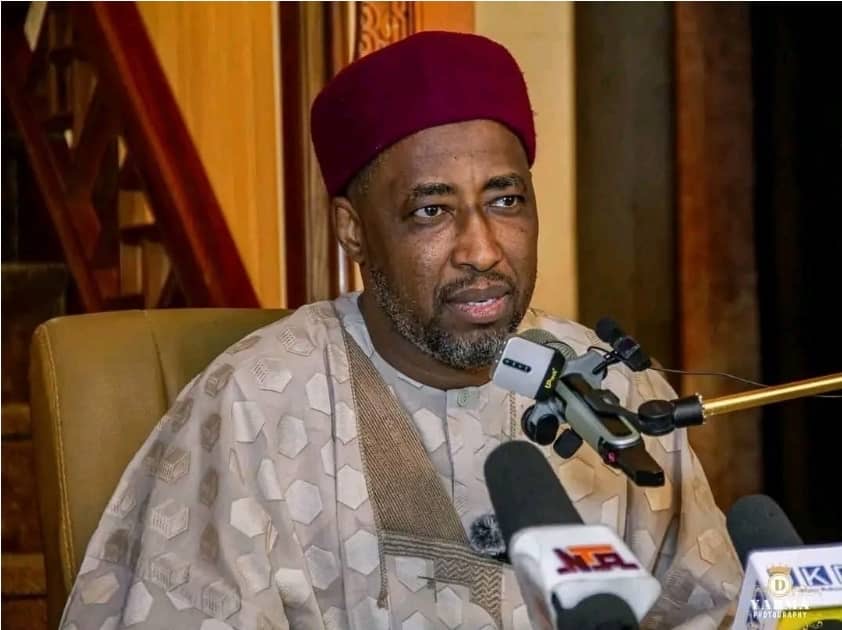Desirous details of the Nigeria’s Student Loan Act signed by President Tinubu
The Student Loan Bill was proposed by the former speaker of the 9th House of Representatives, Femi Gbajabiamila, and it was passed by the lawmakers in late May 2023.
In November 2022, Gbajabiamila urged the Education Bank to provide interest-free loans to students in tertiary institutions in order to make funding education at that level more accessible to all.
READ ALSO: BREAKING: Tinubu Signs Student Loan Bill Into Law
I Knew Nothing About Education When I Became Minister – Adamu Adamu
ASUU: Court Upholds FG’s ‘No Work No Pay’ Policy
BREAKING: ASUU Mulls Fresh Nationwide Strike
He made the remarks while delivering the 52nd convocation address at the University of Lagos.
The topic of the presentation was “Building Back Better: Creating a New Framework for Tertiary Education in Nigeria in the Twenty-First Century.” In this regard, he stated that he has supported a bill in the National Assembly named Student Loans (Access to Higher Education Bill).
As a lawmaker and politician, he remarked that one of the most common requests he always heard was money for tertiary education, as the future of talented kids could be jeopardised.

“The bill proposes to provide students with interest-free loans.”
Following the passage by the House and assent by President Tinubu, here are seven things to know about the Student Loan Act:
1. The new act will establish the Nigerian Education Bank, which will supervise, coordinate, administer, and monitor the management of student loans in Nigeria.
2. Applicants will go through screening to determine whether they meet the requirements for the loan.
READ ALSO: Private School Owners Mull Increase In Tuition, Groan Over Subsidy Removal
First Time In 17 Years: Denmark Goes Two Weeks Without Rain
UPDATE: We’ve Picked Him, DSS Says Emefiele Now In Custody
United Nations Institute Names Adeola Yusuf Panelist For African IDEP Event
Platforms Africa’s Adeola Yusuf Delivers Crescent Varsity’s MACOSA Lecture
3. Students in all the higher institutions are eligible for the loan.
4. The students in private universities are excluded.
5. It provides funds for all education-related matters, including textbooks, and research.
6. It is only accessible to students studying in Nigeria.
7. There will be jail terms for student loan defaulters.
8. The repayment of the loan will begin two years after the National Youth Service Corps Scheme is completed.





